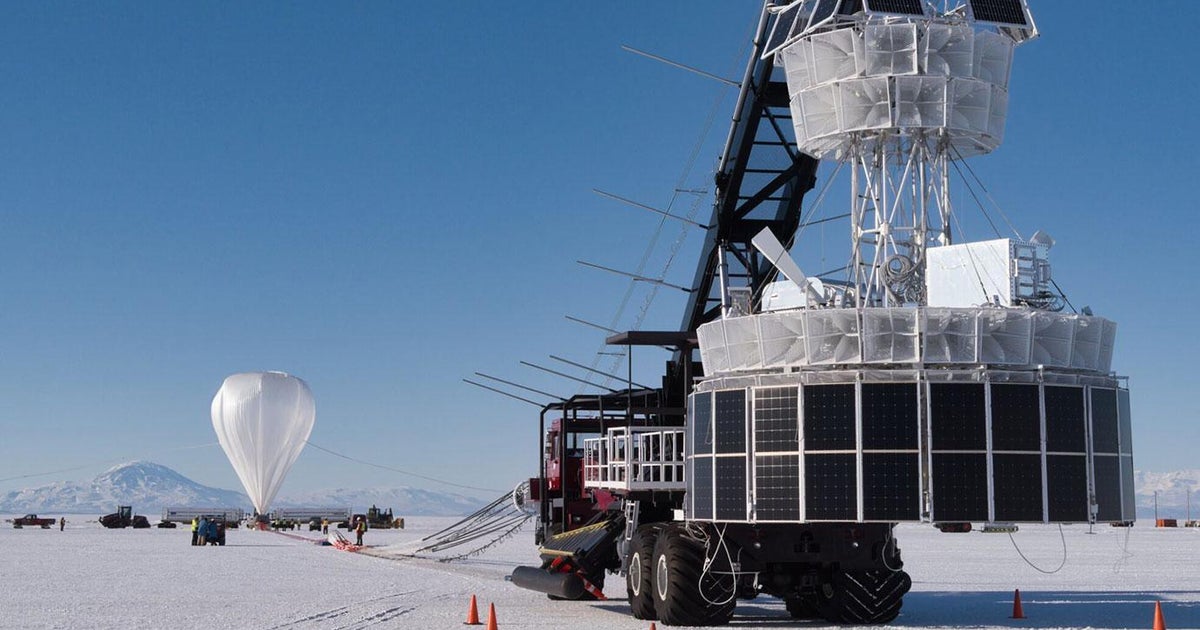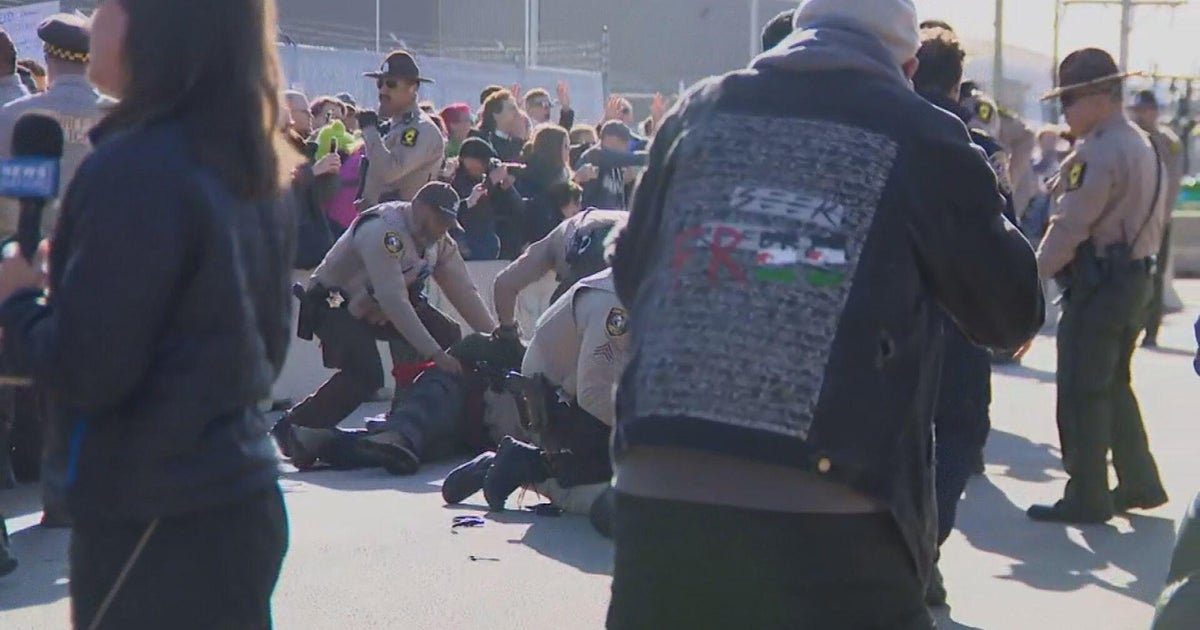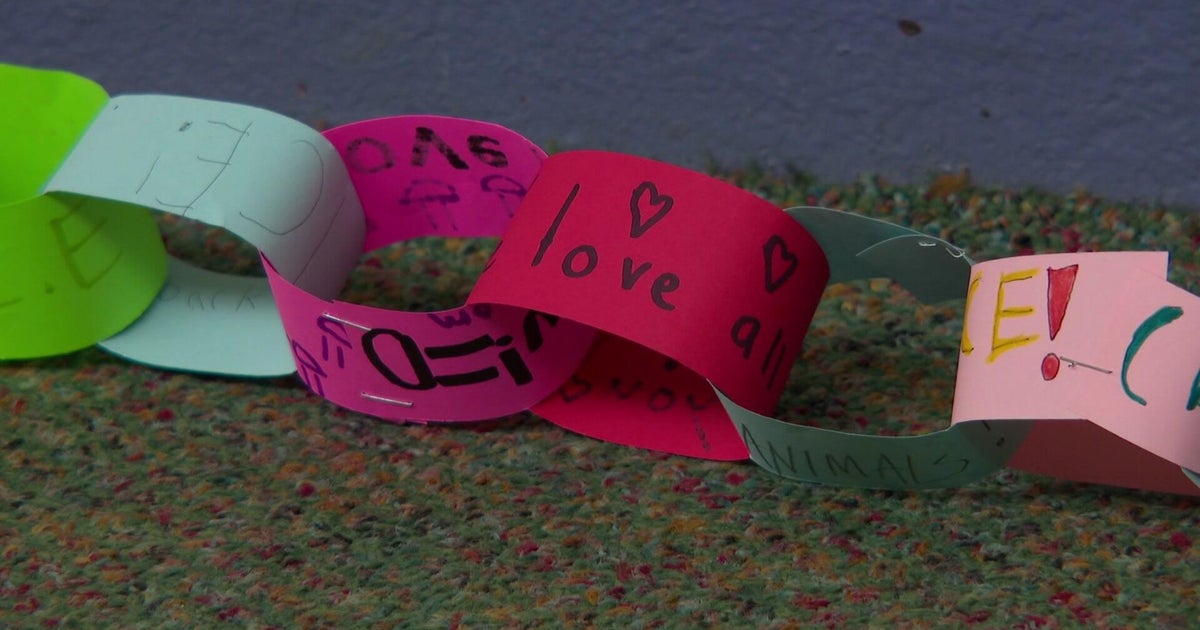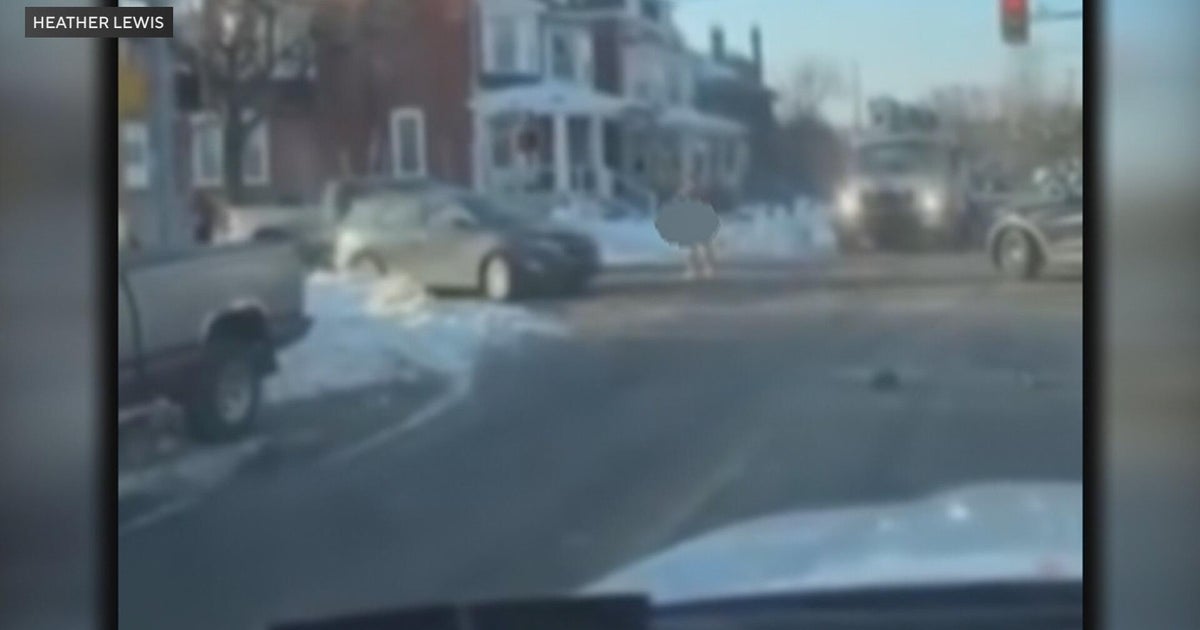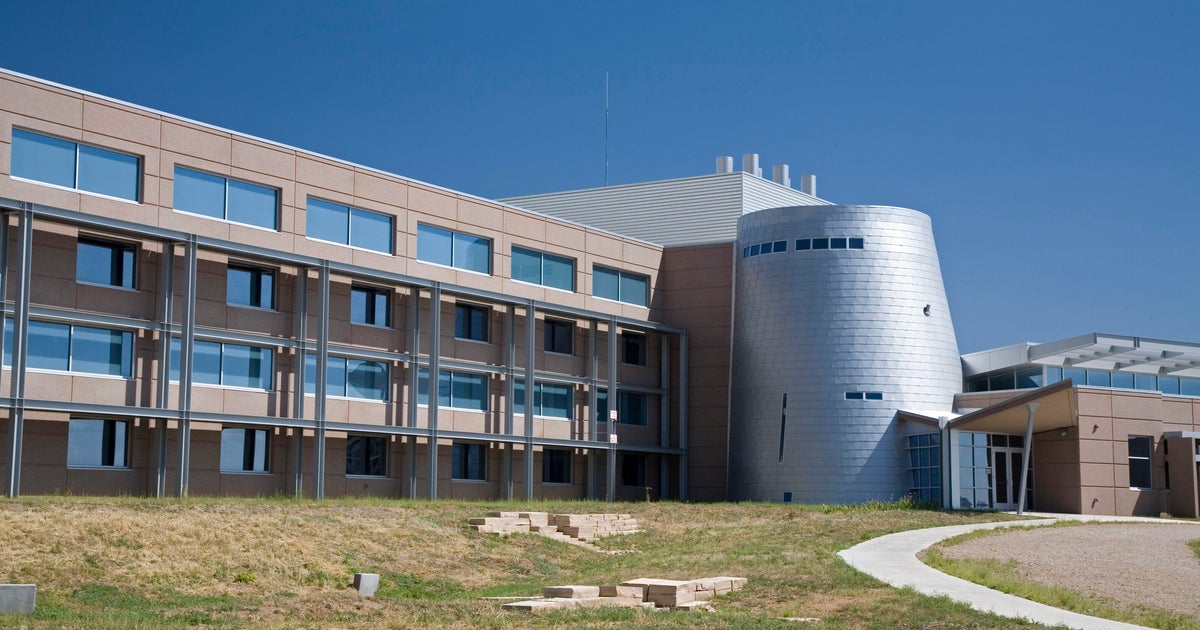Fermilab guest composer sets out to interpret particle physics through music
CHICAGO (CBS) -- When you think of the intersection of science and music, you might think of Tom Lehrer's "The Elements" – that song consisting of creatively-reordered recitation of all the elements of the periodic table, which has played for many years with the push of a button at the Museum of Science and Industry's chemistry display, and which staffers even used to sing live during chemistry presentations.
But the intersection of science and music goes well beyond classic novelty songs. Fermilab scientists are working with composers to create music with the new ways of interpreting particle science in mind.
For that mission, the Fermi Research Alliance announced Wednesday that Chicago-based composer and pianist Mischa Zupko has been named its 2024 guest composer.
"From what I have come to understand, the ability to imagine – in a physical sense – phenomena relating to the behavior and interaction of elementary particles is impossible, but the attempt to imagine, is where the beauty lies," Zukpo said in a news release.
Zupko draws inspiration from themes of the universe, cosmic phenomena, and mathematical models for much of his work, according to the Fermilab news release. In 2016, he set out to create music to convey the alignment of the sun and the moon with the album "Eclipse: Chamber Music of Mischa Zupko" – recorded along with violinist Sang Mee Lee and cellist Wendy Warner, Fermilab noted.
In the cello piece "From Twilight" on the album, Zupko focuses on the evening sky.
Zupko wrote in his guest composer proposal that such subjects are "spiritual" to him, and he is looking forward to working with Fermilab scientists to create musical interpretations of such endeavors as the Deep Underground Neutrino Experiment – in which beams of tiny neutral particles called neutrinos are shot from Fermilab to the Sanford Underground Research Facility in Lead, South Dakota.
As University of Chicago physics professor Abigail Vieregg explained to CBS 2 back in December, the purpose of the scientific project is to discover the curious properties of neutrinos – such as how they change from one type of neutrino to another as they travel through space, why they have mass, and just what the physics are that governs them.
Zupko's compositions will not be merely about imagining neutrinos while listening to piano and strings. He uses actual mathematical models to create his compositions – and for his collaboration with Fermilab, he plans to use a scientific model as the basis for the music, Fermilab noted.
"Though the mathematics [represented by Eclipse] are simple, they were essential in the process to achieve the very specific effect this piece intended and informed the intuitive aspects of the writing in profound ways," Zupko said in the release. "I have always wanted to go deeper into this process, modeling numeric sequences on actual data from running experiments to see if the data itself can serve as a link between the various ways we experience our reality."
Zupko will work with Civitas Ensemble chamber musicians Winston Choi on piano, Yuan-Qing Yu on violin, and Ken Olson on cello – along with guest Timothy McAllister on saxophone. He plans to release the composition on a new release of his work in 2026.
Zupko is a lecturer of musicianship studies at DePaul University – a position he has held since 2010. A third-generation composer, he received a Bachelor of Music in piano from Northwestern University, and a master's degree and doctorate in composition from Indiana University Bloomington.
"Mischa Zupko's profound grasp of musical theory and composition coupled with a longstanding curiosity about particle physics, along with previous compositions inspired by cosmic phenomena, renders him the ideal choice as the 2024 FRA guest composer at Fermilab," Visual Arts Coordinator Georgia Schwender, who manages the Fermi Research Alliance guest composer program at Fermilab, said in the release.
Meanwhile, work from past Fermi Research Alliance guest composers and artist are now on display at the exhibition Beyond the Visible at the Schingoethe Center at Aurora University. The exhibition features works by Mare Hirsch, David Ibbett, Jim Jenkins, Chris Klapper & Patrick Gallagher, Ricardo Mondragon, Ellen Sandor, and Roger Zare. It is on display until May 10.


